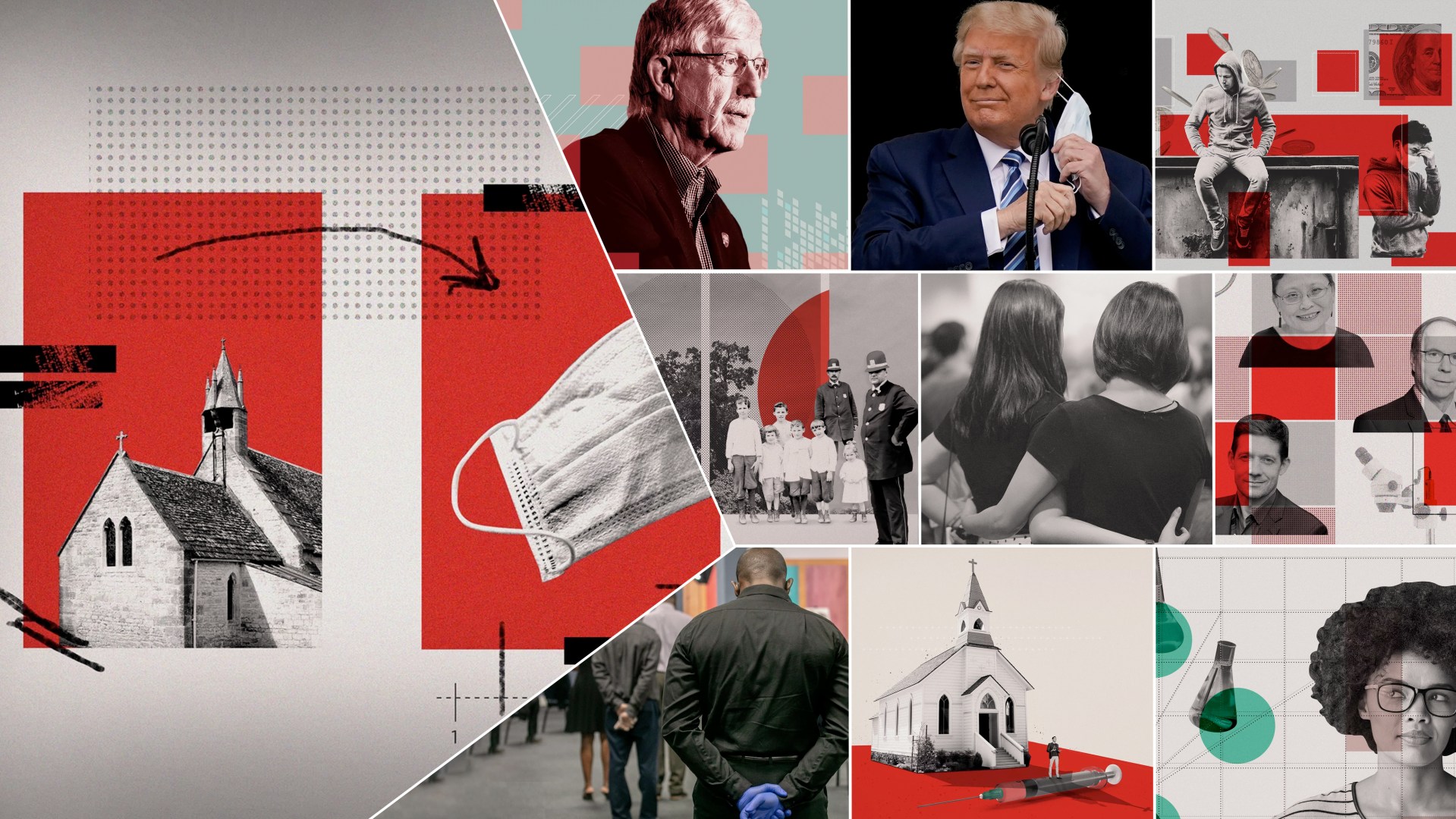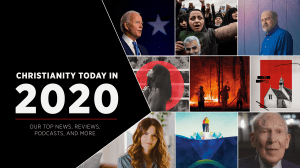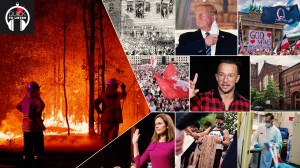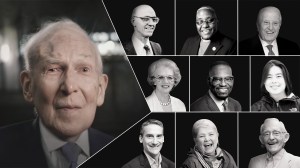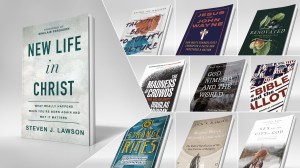In this series
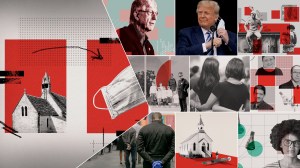
China reported the coronavirus to the World Health Organization on December 31, 2019, and the virus came to define media coverage for the entirety of 2020. Since COVID-19 was declared a pandemic in March, information has evolved as scientists learned about it and how to control it. But caring for the sick, protecting our communities, and faith’s role in building trust are all still more than relevant as the year closes. Whether you missed these articles or want to reflect on enduring lessons from the season, here’s a look back at our best:
10. Medical science at church
Because of their unique histories, it was hard to close black churches at the onset of the pandemic. As the year wore on, they struggled through a lack of financial resources to do the Lord’s work yet displayed spiritual endurance. In 2021, these congregations could play an important role in discussing medical science as vaccines roll out.
9. How pastors engage vaccines
Five church leaders from across the country lay out their plans to talk about the new COVID-19 vaccine. Some prefer to leave the discussion to doctors, while others seek to encourage Christians not only to receive the vaccine but also to see it as a gift from God.
8. COVID spreads at minority churches
A study released this fall outlines how the virus likely spread among minority populations during the spring months of the pandemic, and pastors describe what the year has been like for their congregations.
7. Doctors on mission
Christian doctors from the US, UK, Italy, Australia, and Singapore share how their faith impacts their care for the sick, their research pursuits, and public health planning amid one of the most challenging years of their careers.
6. Closeness in a distant world
Reduced or canceled Bible studies, casual gatherings with friends and family, and summer camp for kids all rise high on the list of this year’s losses. A psychologist digs into how some of us may find it difficult to adapt to a safe middle ground amid our fears of contamination but argues we will need to get back to handshakes and hugs for our mental health.
5. What a historic cholera epidemic has in common with COVID
A historian compares the beginnings of the 1830s cholera outbreaks to today’s scenario, and it sounds eerily similar. There’s a lot we can learn.
4. America’s cultural weaknesses revealed
Normally studying other cultures, an anthropologist turns her eye to the US to critique how the pandemic has brought out our societal deficiencies.
3. Ethics of COVID-19 drugs
During his bout of COVID-19, President Trump received the new drug from Regeneron, which was tested using aborted fetal cell tissue, raising questions about the consistency of his pro-life platform. But as it turns out, many pro-lifers don’t see this use as a dilemma to receiving drugs and put their energies elsewhere.
2. When conspiracies abound
Back in the spring, scientists faced conspiracies about the origins of the coronavirus. Now, there are plenty more conspiracies, but the lessons for addressing them remain the same.
1. Churches reopening
While many churches in the US closed for the spring months, by May a handful were beginning to attempt a version of meeting in person—some in defiance of local orders. CT enlisted a public health expert to suggest benchmarks and safety guidelines for church leaders making these decisions—advice that continues to be relevant as many other churches plan to only begin regular gatherings in 2021.
Check out the rest of our 2020 year-end lists here.

